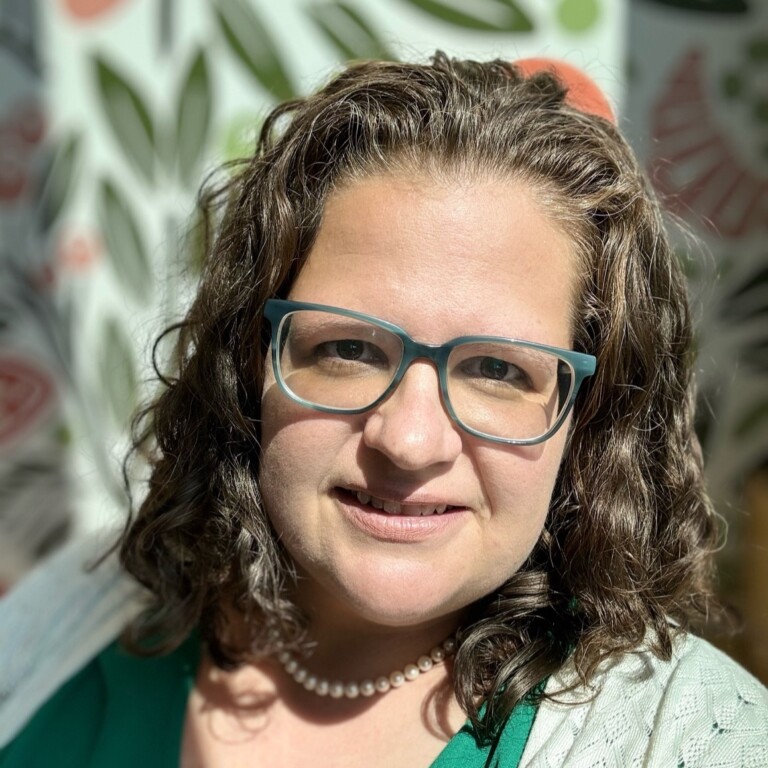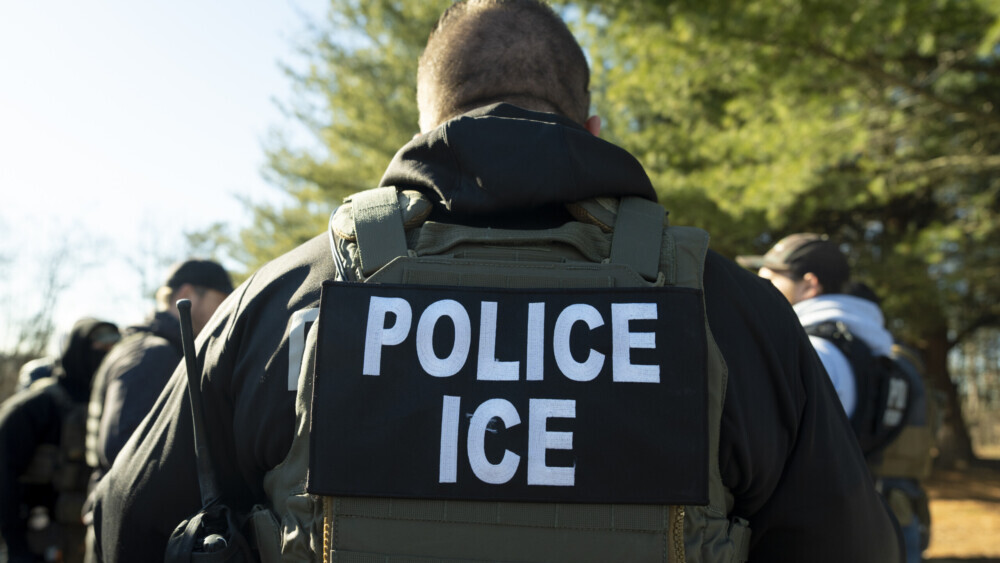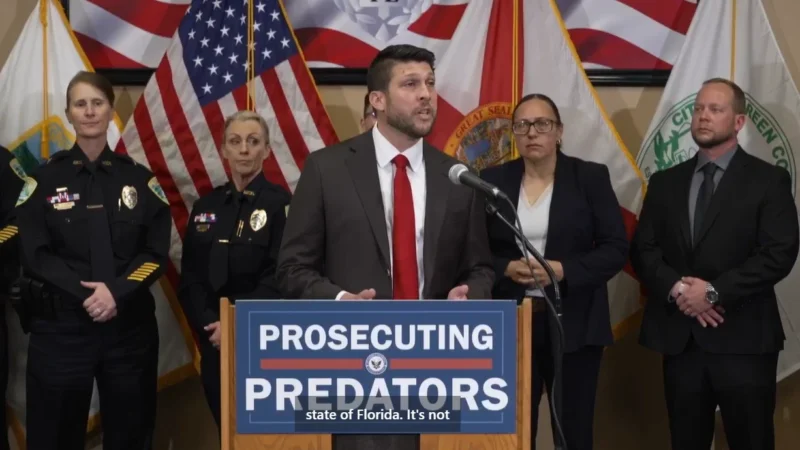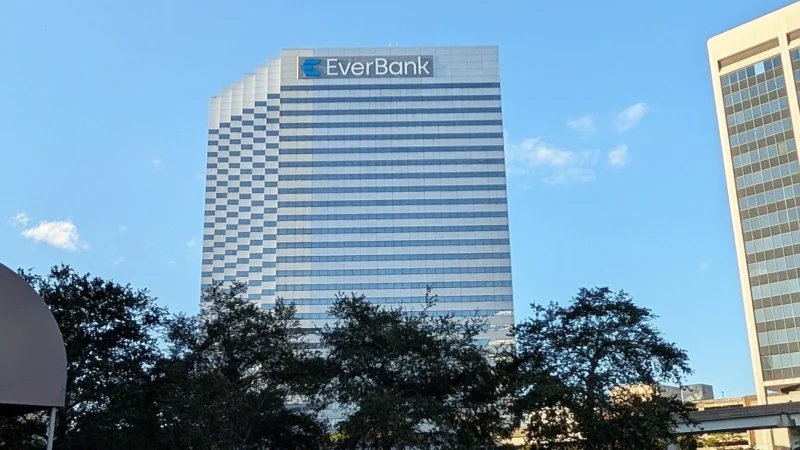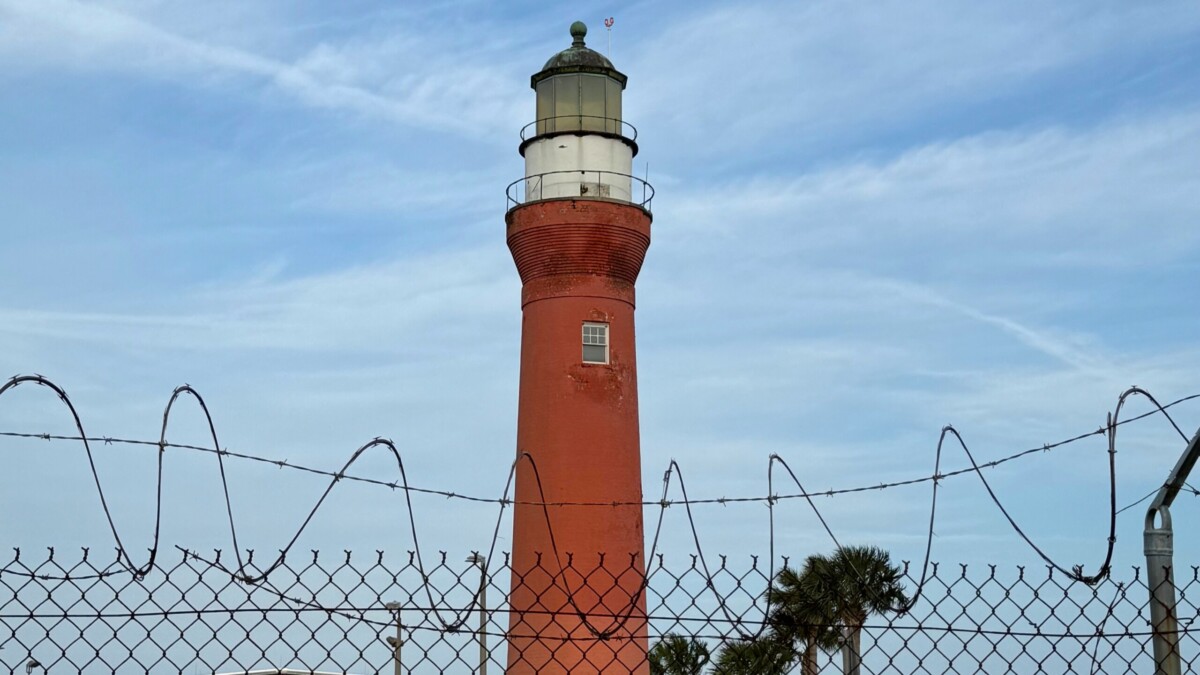Following a recent executive order from President Donald Trump, Department of Homeland Security policy now allows immigration enforcement authorities to enter places considered by the Biden administration to be “protected,” including churches, hospitals and schools.
The federal policy change didn’t come with explicit instructions, and so school districts and local governments around the country are wondering exactly what to do if ICE agents come knocking.
Duval School Board attorney Ray Poole said at a meeting Tuesday that school officials should do exactly what they would do for any other law enforcement agency seeking to speak with students.
“If the federal government were to perceive a school district as being obstructionist and not cooperating with federal enforcement efforts…the receipt of federal funds is tied to compliance,” Poole said. “If we don’t comply, or if someone in D.C. says, ‘I don’t think you’re complying,’ you can lose federal money — which pays for an awful lot here.”
Poole drafted guidelines for school administrators, which the district distributed last week. They instruct schools to allow ICE agents to enter their buildings, just as they would for Jacksonville Sheriff’s Office police. Schools are to contact Poole’s office if the agents want student records or ask to interview an unspecific group of students like “ESOL students.”
Although a Duval Schools spokesperson tells Jacksonville Today that no ICE agents have visited any of the district’s schools, rumors of ICE raids that have swirled on social media reflect community concern at the possibility.
Duval is a majority-minority district — 70% of its students aren’t white. About 20% are Hispanic, nearly half of the district’s students are economically disadvantaged, and about 10% are current English language learners.
Some families are opting to keep their kids home from school, just in case, according to school board members.
The district said it doesn’t have recent attendance numbers readily available, but at the meeting on Tuesday, school board members said they have heard anecdotally that attendance has been affected by the uncertainty surrounding immigration enforcement.
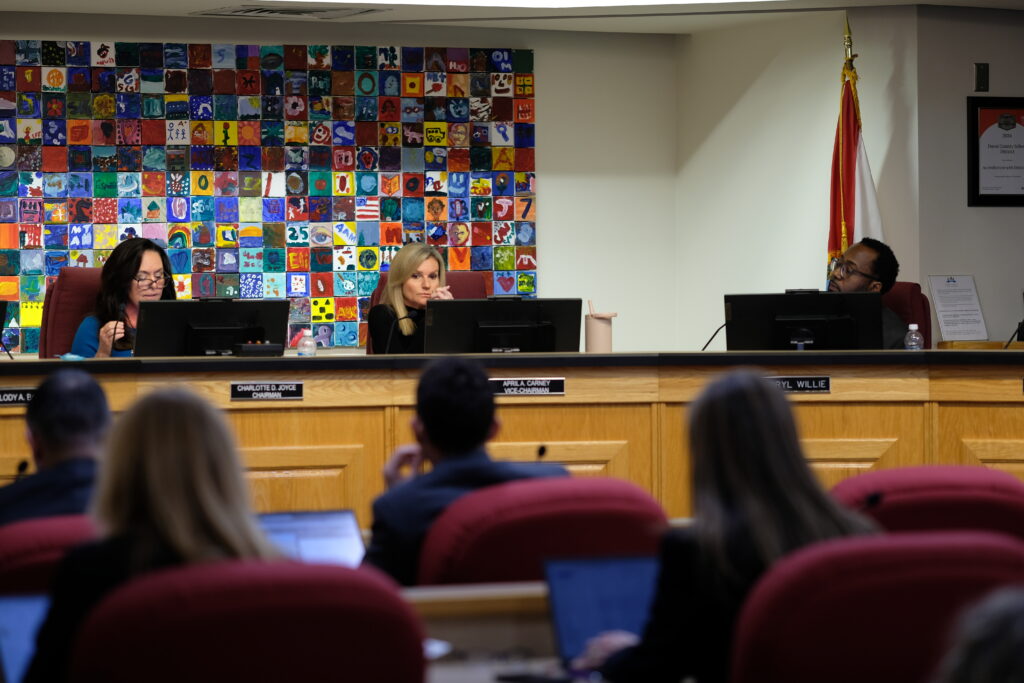
District 2 representative April Carney said a flier had circulated that advertised Monday as “immigration protest day” and as a result, many students missed school — and she lamented the timing that coincided with an official student counting week.
“We get funding from the state based on enrollment,” Carney said during the meeting. “I just want everybody to realize that when your child does not show up to school, there’s a potential that they’re not counted. That means we don’t get those dollars into the district. And so, that’s concerning to me.”
It takes a stack of paperwork to enroll a child in Florida’s public schools, but guidance from the Florida Department of Education reminds schools that the state is “committed to ensuring the educational success of all learners” — even those who are undocumented immigrants. Federal law requires schools to educate students regardless of immigration status, and the state generally prohibits schools from asking about a student’s or their parents’ immigration status.
“We have a duty, and we are legally bound, to make sure that we educate every single kid that walks through our doors, regardless of their status,” District 4 representative Darryl Willie said Tuesday. “And I think if we don’t say anything as a board, they’re going to assume the other way. And be more scared and more fearful.”
Willie also said he was unaware of any ICE raids, despite rumors on social media, and said that the board needs to do everything possible to make students feel safe.
“I’m looking at my board members to at least say, ‘We care about you, we want to keep you safe,” Willie said. “Yes, there are guidelines that we have to follow, but we’re going to do every single thing to make sure you feel good when you get out of bed and get up and try to come to school.”
City of Jacksonville spokesperson Phil Perry said Mayor Donna Deegan is also not aware of any ICE raids or major enforcement operations locally.
“The city of Jacksonville will always follow the law as long as it’s constitutional,” Deegan said in a statement sent to Jacksonville Today. “We have a large, vibrant immigrant community here, and I want them to know that they matter, that we see them, and that we will help them in any way we can. It’s my hope and expectation that the many hard-working immigrants who are here doing things the right way will be treated with dignity and respect.”
